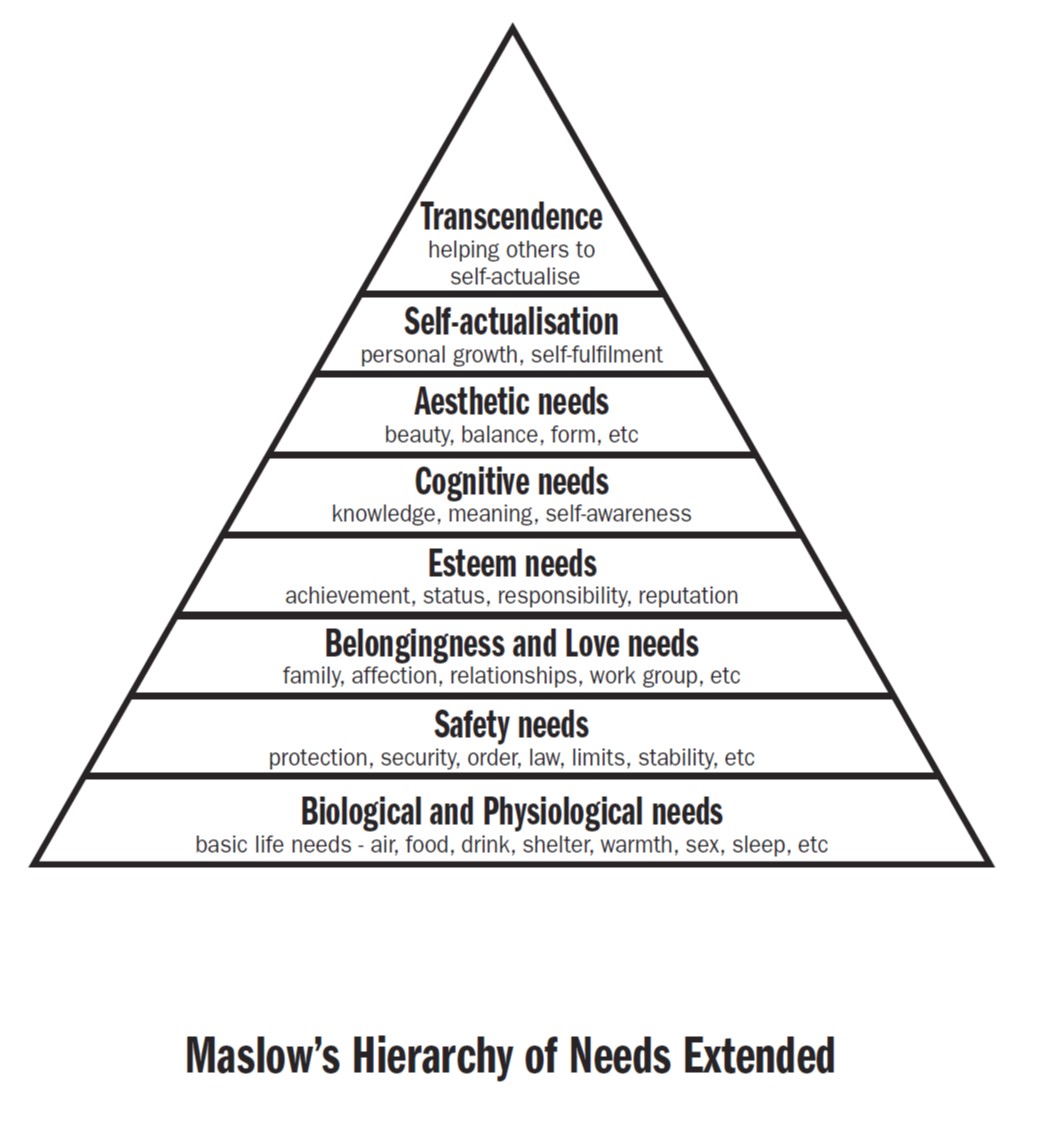By Lim Siong Guan
Today, all of us in Singapore bid a final farewell to Mr S R Nathan, who was the President of Singapore from 1999 to 2011.
I had sent the following message to Mrs S R Nathan the day after Mr Nathan passed on:
“Dear Mrs Nathan, I am praying for you as I ponder the blessings that have come to me through Mr Nathan. He was ever considerate, ever thoughtful, ever gracious, and ever the wonderful human being who loved Singapore, and served his country with absolute loyalty and much personal sacrifice which you and your family shared. now that my wife and I admire you and Mr Nathan very much for the humanity of your manners and your generosity of spirit.”
Mr Nathan had always been willing to share the wisdom of his knowledge and experience, yet always spoke in humble tones. He agreed to write a blurb for the second book I had written with Joanne H Lim entitled “WINNING WITH HONOUR in Relationships, Family, Organisations, Leadership and Life”, which you can read here.
After we sent him a hardcover copy of the published book, he wrote a personal note to me on 12 June 2016 in his usual, neat, cursive written hand, as follows:
“My dear Siong Guan,
Thank you for sending me your Book “Winning with Honour”. I had a quick browse through it and admired the numerous quotations about Honour throughout the Book. That itself must have been a long & tedious exercise that brings out the wisdom in them. But so many, is really unbelievable by itself.
With age my attention span is no longer the same. After the stroke I sometimes get tired and stop reading. The past is still very clear but yesterday is often forgotten. So seeing the Cross Roads is indeed enlightening to me.
Please thank Joanne for a wonderful 2nd Book – will she do one for children. Epigram Books do well in Cartoons. Edmund, previously of the ST owns it.
With warm regards
Sincerely
Nathan”

As we mentioned on page 425 of “Winning with Honour”, David Brooks, writer and commentator in the New York Times, began his book “The Road to Character” (Random House 2015), with the words:
“Recently I’ve been thinking about the difference between the résumé virtues and the eulogy virtues. The résumé virtues are the ones you list on your résumé, the skills that you bring to the job market and that contribute to external success. The eulogy virtues are deeper. They’re the virtues that get talked about at your funeral, the ones that exist at the core of your being – whether you are kind, brave, honest or faithful; what kind of relationships you formed.
Most of us would say that the eulogy virtues are more important than the résumé virtues, but I confess that for long stretches of my life I’ve spent more time thinking about the latter than the former. Our education system is certainly oriented around the résumé virtues more than the eulogy ones. Public conversation is, too – the self-help tips in magazines, the nonfiction bestsellers. Most of us have clearer strategies about how to achieve career success than we do about how to develop a profound character.”
Mr Nathan certainly lived his life based upon eulogy virtues, as reflected in the numerous heartfelt tributes penned by many Singaporeans following Mr Nathan’s passing. Here are a few examples of these tributes that were published in The Straits Times on 25 August 2016.
![[FIRST - 8] ST/PRIME/PAGE ... 25/08/16](https://winningwithhonour.files.wordpress.com/2016/08/winning-with-honour-l-tributes-to-mr-nathan-published-in-the-straits-times-on-25-august-2016-2.jpg)
![[FIRST - 8] ST/PRIME/PAGE ... 25/08/16](https://winningwithhonour.files.wordpress.com/2016/08/winning-with-honour-l-tributes-to-mr-nathan-published-in-the-straits-times-on-25-august-2016-1.jpg)
Former US President, Mr John F Kennedy, in his “City Upon a Hill” speech when he addressed the Joint Convention of the General Court of the Commonwealth of Massachusetts in Boston on 9 January 1961, two weeks before he was sworn in as President of the United States, had said:
“When at some future date the high court of history sits in judgment on each one of us … our success or failure, in whatever office we may hold, will be measured by the answers to four questions:
First, were we truly men of courage – with the courage to stand up to one’s enemies – and the courage to stand up, when necessary, to one’s associates – the courage to resist public pressure, as well as private greed?
Secondly, were we truly men of judgment – with perceptive judgment of the future as well as the past – of our own mistakes as well as the mistakes of others – with enough wisdom to know that we did not know, and enough candour to admit it?
Third, were we truly men of integrity – men who never ran out on either the principles in which they believed or the people who believed in them – men who believed in us – men whom neither financial gain nor political ambition could ever divert from the fulfilment of our sacred trust?
Finally, were we truly men of dedication – with an honour mortgaged to no single individual or group, and compromised by no private obligation or aim, but devoted solely to serving the public good and the national interest.”
For Mr Nathan, the answer is clearly a resounding YES to all four questions.

Thank you for winning with Honour in life and for all that you have done for Singapore, Mr Nathan. May your spirit of Honour and duty live on in the hearts of all Singaporeans.













